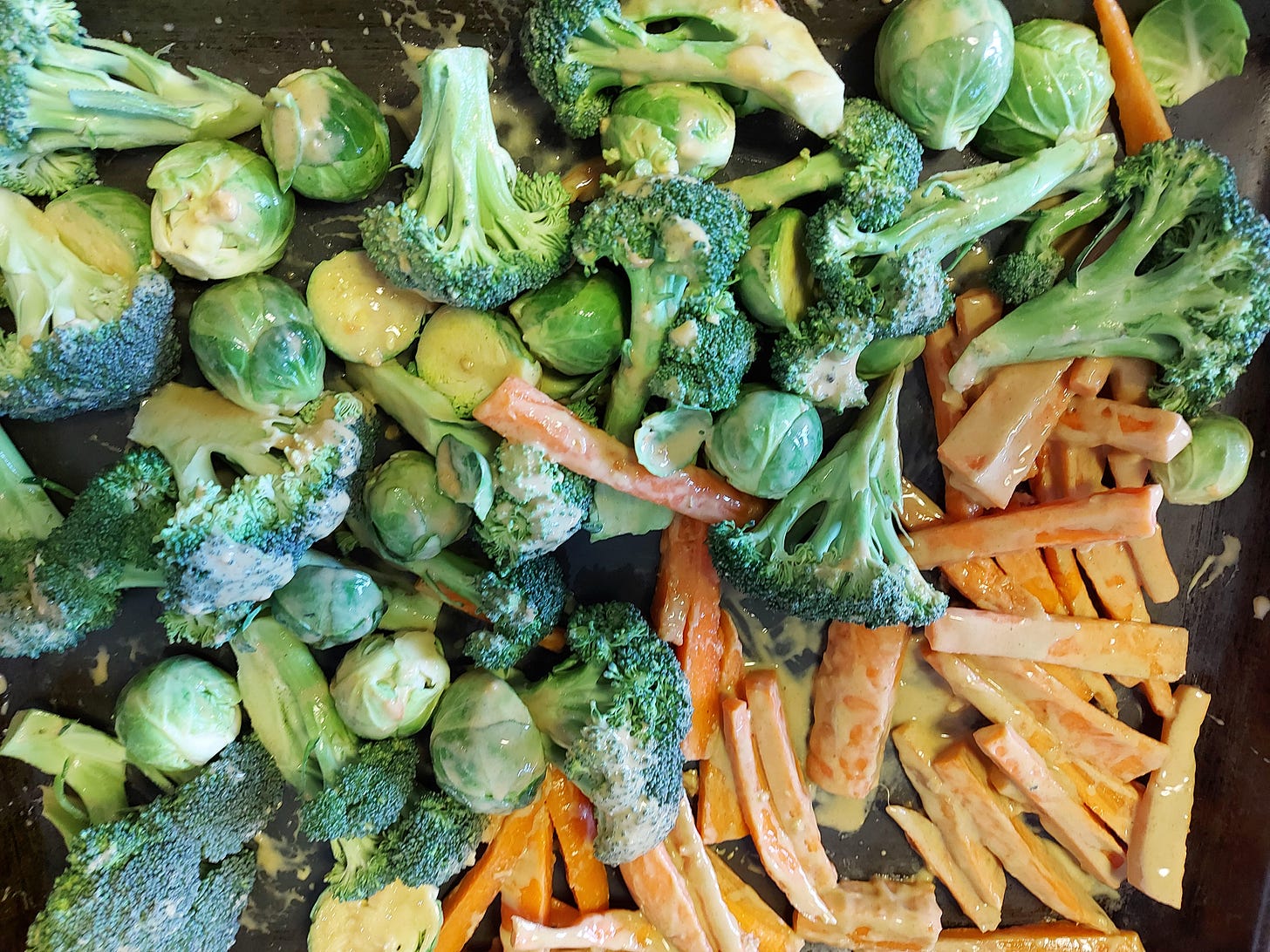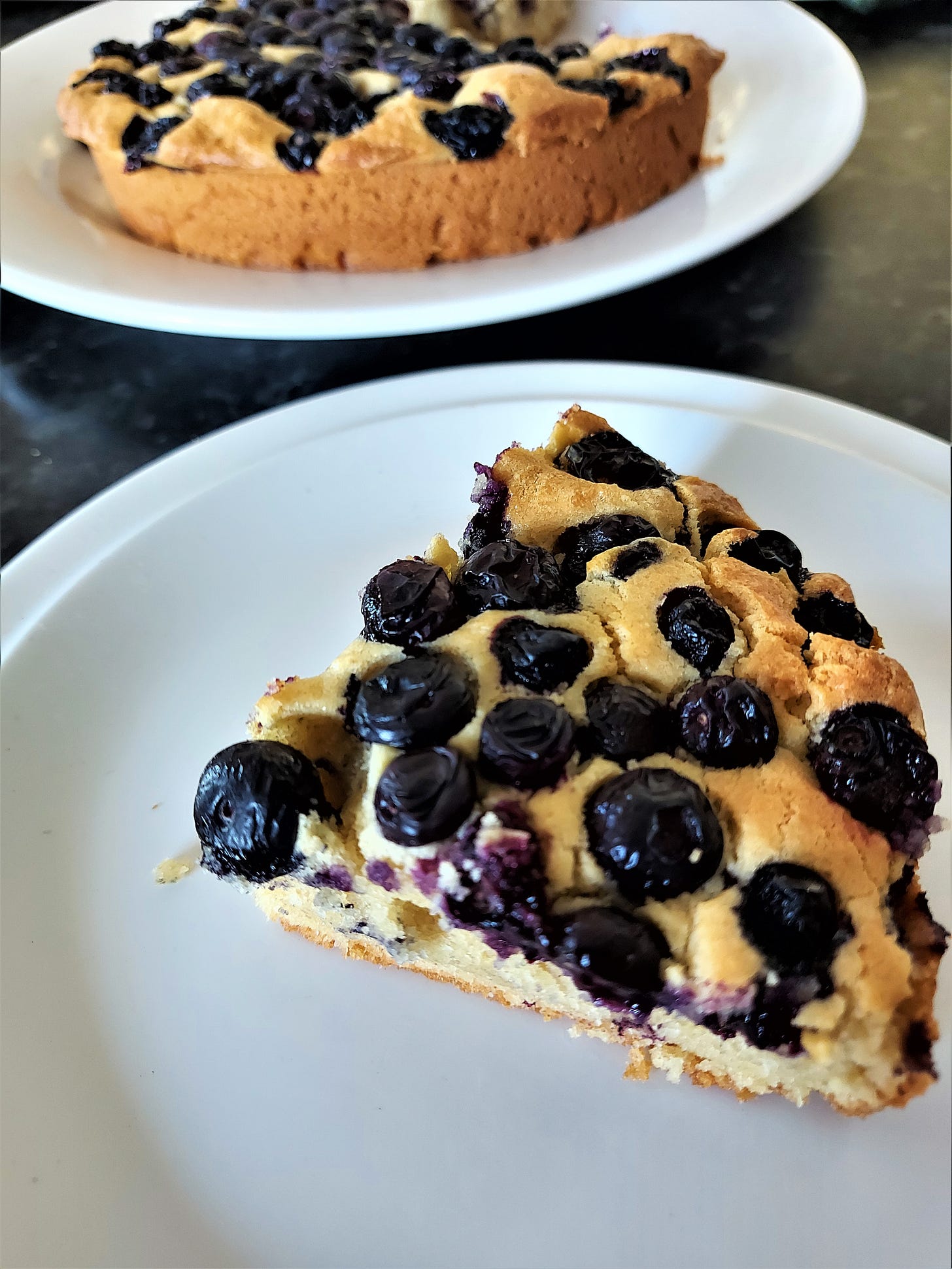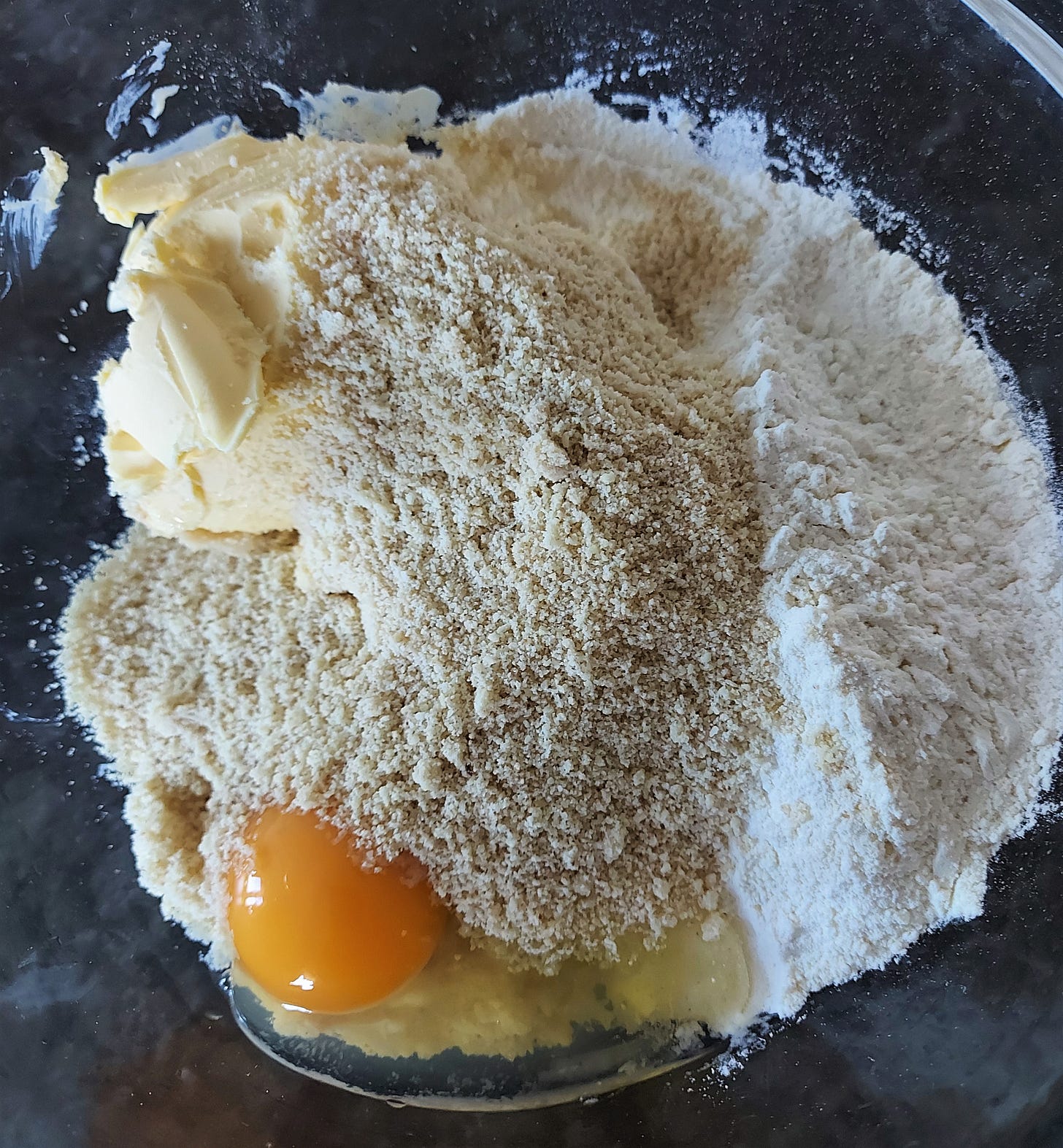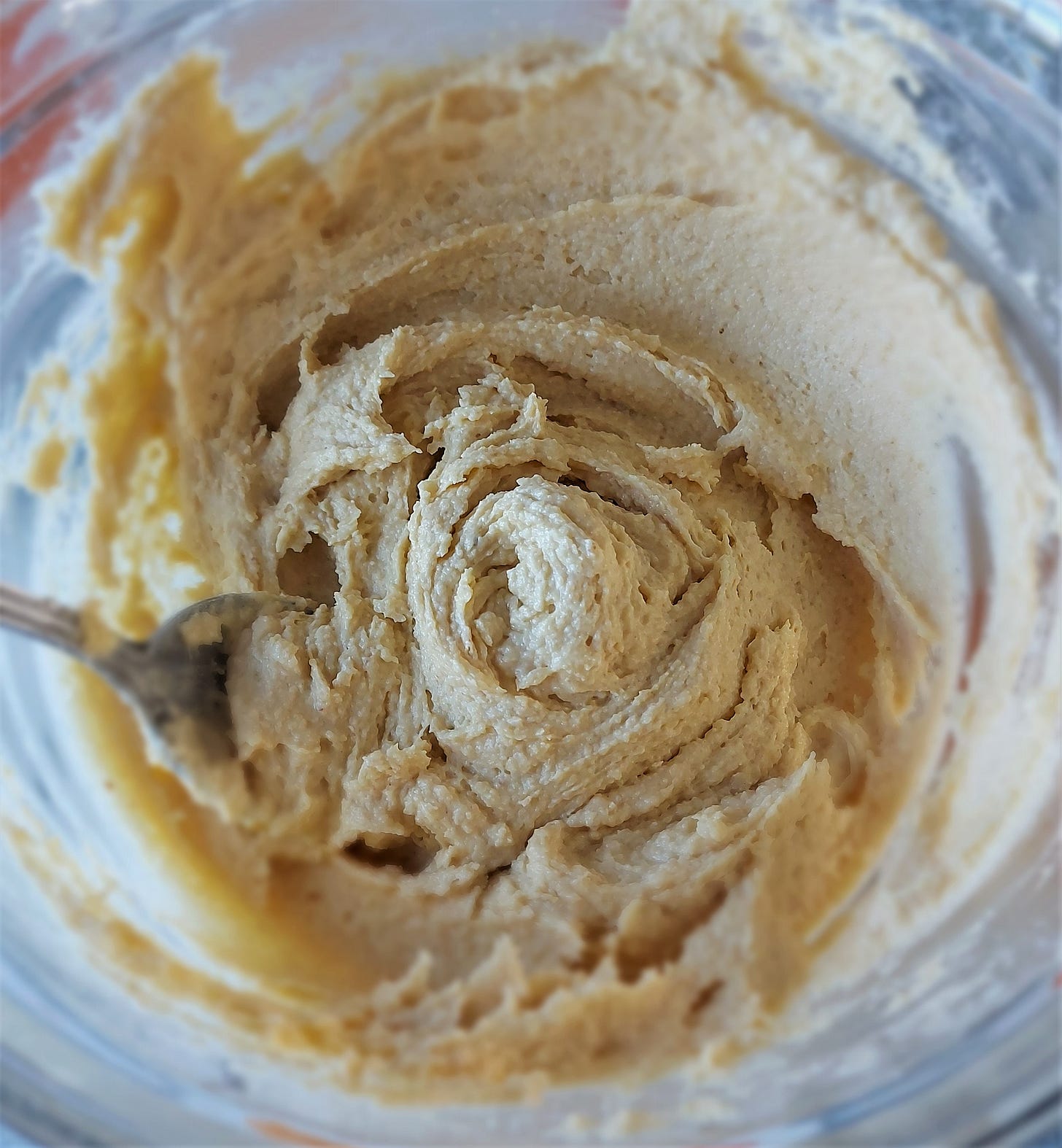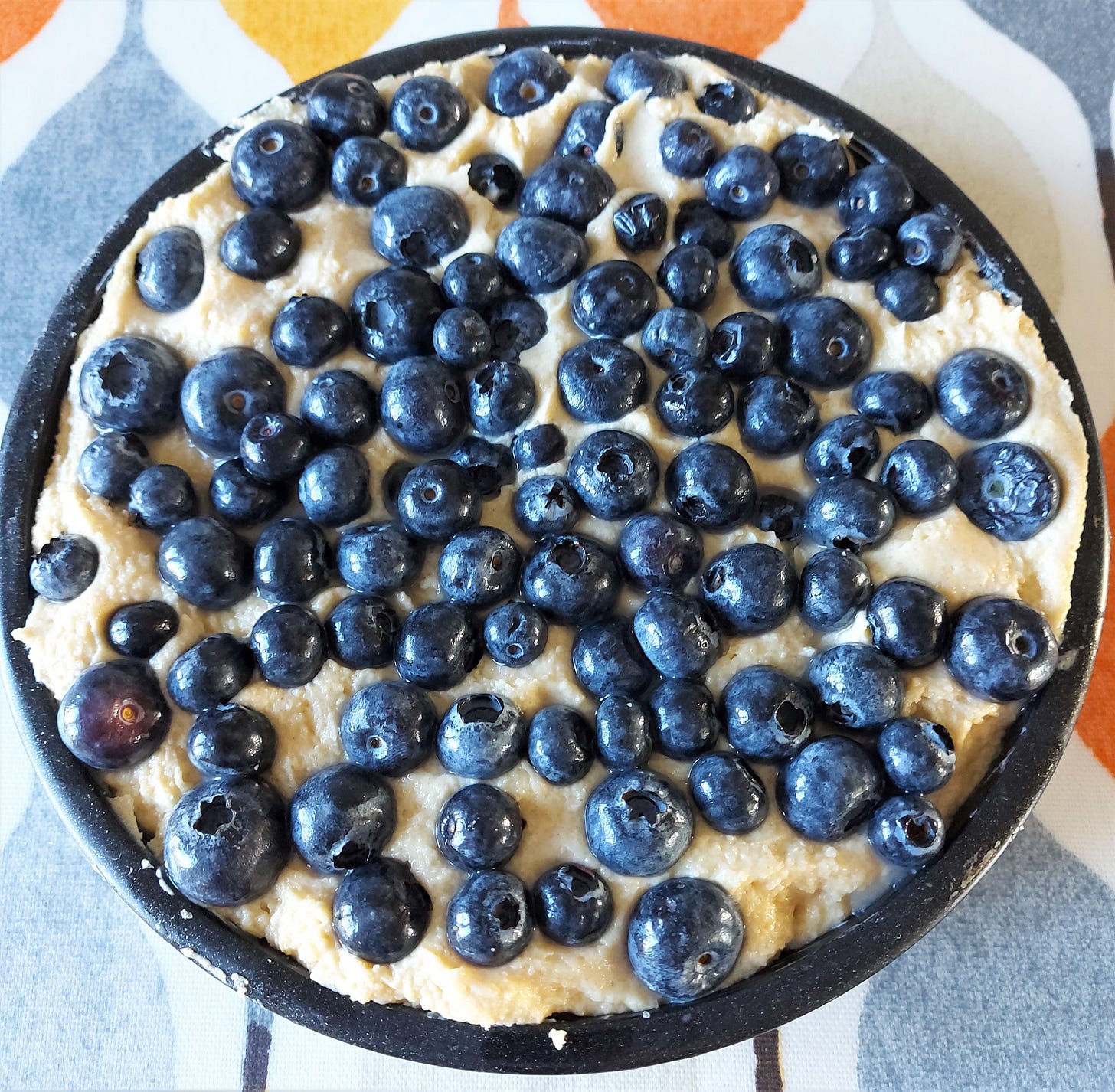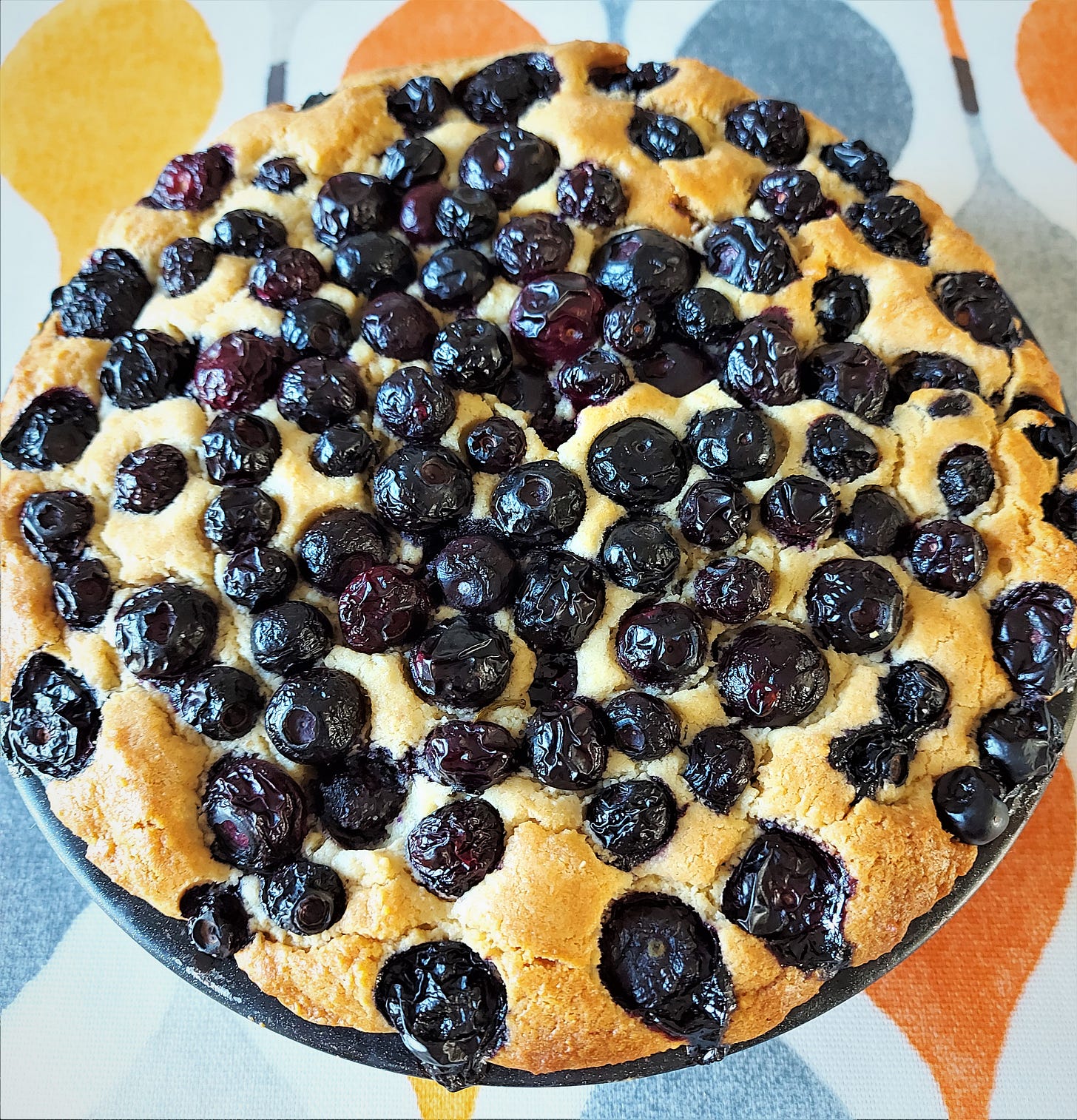Food Is The Best Medicine
Whole food recipes for a healthy 2021
If you are feeling tired, bloated, sick, sore or sad, it may be your immune system sending a signal that all is not well. When the immune system is under pressure, due to poor diet, inactivity, toxins, etc. - it becomes inflammed. This inflammation can simmer away inside you.
We now know, for example, that many of the markers for chronic disease are laid down years before a person enters the medical system with symptoms.
However, there are ways to reduce inflammation. This, in turn, strengthens your immune system and helps keep problems at bay. As the saying goes, prevention is better than cure.
1. Watch out for trigger foods
Try to be aware of what foods make you feel bad and when it occurs. It may not be the food you have just eaten that causes the problem. It may be the meal that you had yesterday, the day before, etc. Be your own detective.
The main dietary triggers are gluten, dairy and sugar. Start with gluten. Take a break from wheat products for 2-3 weeks and see if you feel better.
You may have tested negative for celiac disease in your recent blood tests but strangely, that may not mean that you can eat wheat products without consequence. Studies show that non-celiac gluten sensitivity is widespread among the population.
2. Eat as much whole food as possible
By this, I mean foods that are as close to their natural state as possible, e.g. fruit and vegetables.
In short, your body needs the nutrients, and your gut microbiome needs the fibre.
In developing countries, children chew on sugar cane with no issues. In other parts of the world, children eat sugar-laden sweets that result in cavities. Eating the whole food is always the best option. It provides vitamins, micronutrients and anti-oxidants.
Whole food recipes
Below, you will find two recipes to boost your intake of whole foods.
The first is a tasty roasted vegetable dish with mustard and balsamic vinegar.
The second is an almond and blueberry sponge. This gives you an opportunity to eat a superfood (blueberries), which are packed with antioxidants, while also being high in potassium, vitamin C and K. In addition, almonds are a great source of fibre and protein, containing vitamin E, selenium, zinc, calcium, magnesium and B vitamins.
Recipe #1: Roasted Vegetables with Mustard and Balsamic Vinegar
Preheat the oven to 200°C or 400°F.
Add 3-4 tablespoons of both mustard and balsamic vinegar to every 1kg (2.2lb) of veg.
Roast the veg on a baking tray for at least 30 minutes (until golden). Stir at least once.
You can use any veg, e.g. broccoli, brussels sprouts, carrots, turnips, etc.
The roasting process caramelises the vegetables, giving them a lovely sweet taste.
Recipe #2: Almond and Blueberry Sponge
For many years, I used a 4:4:4 ratio for the sponge mixture, i.e. 4 ozs flour, 4 ozs butter, 4 ozs sugar. I gradually phased out the sugar, replacing it with ground almonds.
The recipe below has 3 ozs of ground almonds and just 1 tablespoon of maple syrup for sweetness. I find it easy to get by with just a little sweetness, especially if you use fruit. Also, the almonds give a lovely crumbly, shortbread texture.
Serves 4
Ingredients
4 ozs/115g flour (gluten-free or wholewheat)
1 tsp baking powder
4 ozs/115g butter (dairy or plant-based)
3 ozs/85g ground almonds
1 tbs maple syrup, honey or agave syrup
1 tbs milk (dairy or plant-based)
1 egg
5 ozs/150g of blueberries
Method
Preheat the oven to 180°C/350°F/gas 4
Mix all the ingredients in a bowl
Pour into a greased dish
Spoon blueberries over the top
Bake until golden brown for approx. 30 minutes



